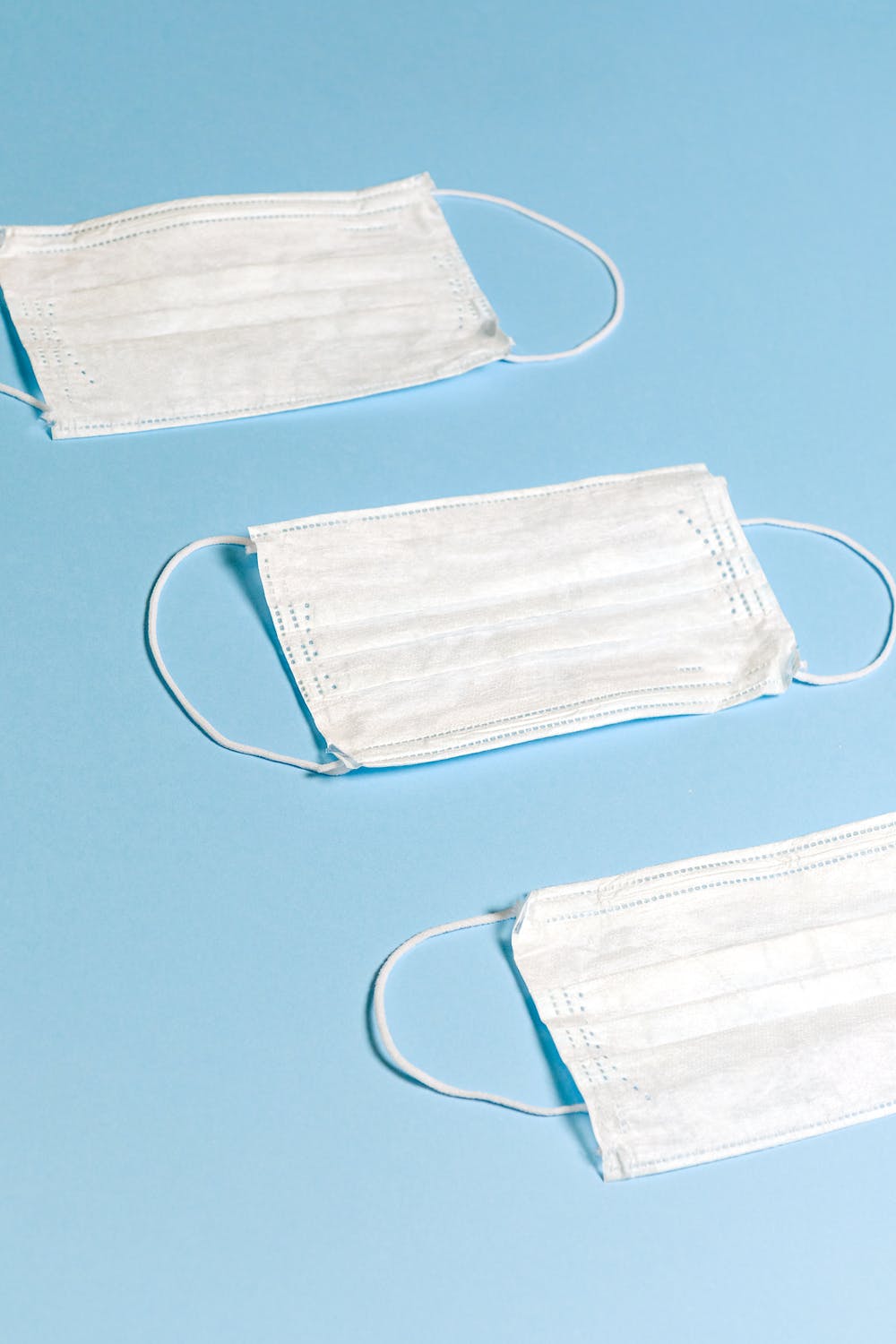
12 Apr Sterilizing Face Masks for Reuse During the Pandemic
MedicalResearch.com Interview with:
Bart van Straten, Tim Horeman and John van den Dobbelsteen
Research team TU Delft, Delft University of Technology, Dpt. of BioMechanical Engineering
The Netherlands
MedicalResearch.com: What is the background for this study?
Response: The background for this study was the urgent shortages of mouth masks in several hospitals. Franciscus Hospital, Rotterdam, The Netherland requested on 17 March if face masks could be sterilized since they were facing these shortages. The COVID-19 pandemic and its rapid spread has led to imminent shortages of these masks.
MedicalResearch.com: What are the main findings?
Response: A method devised in the Franciscus Gasthuis and Vlietland to reuse disposable mouth masks (3M) after dry sterilization was converted into steam sterilization in this study. The collaboration between doctor-microbiologist Peter de Man and Hans Koeleman with TU Delft researchers Tim Horeman, John van den Dobbelsteen and Bart van Straten resulted in a mask filtration test with which the permeability of sterilized disposable mouth masks could be investigated. This showed that the filtering properties of sterilized masks seem to remain intact. In times of urgent shortages masks can be re-used by means of steam sterilization at 121 Degrees Celsius for certain masks. We performed these experiments with 3M masks.
MedicalResearch.com: What should readers take away from your report?
Response: The results of our experiences and experiments indicate that our sterilization process did not influence the functionality of the masks tested. In case of an acute shortage of FFP2 masks, steam sterilization of used masks at 121 ⁰C in laminated bags, is a simple, useful, cost effective and quick procedure that can be used to make used masks available for safety reuse.
MedicalResearch.com: What recommendations do you have for future research as a result of this work?
Response: To further investigate other brands of masks to sterilize with steam sterilization as well as other methods which may lead to circular reuse of masks and other personal protection equipment.
MedicalResearch.com: Is there anything else you would like to add?
Response: No disclosures
On Friday 21 February, the medical microbiologists Peter de Man and Hans Koeleman were the first to sterilize oral nasal masks with dry sterilization at 121 ° C via an autoclave process in Franciscus Hospital. After having had contact with them we experimented to have their face masks sterilized with steam with the aim of “reuse”. The results were surprising. Following this, the masks were also sterilized at 134 ° C but deformation of the masks occurred.
The method to test the masks was developed by Delft University of Technology, John van den Dobbelsteen, Tim Horeman, Bart van Straten in collaboration with the Reinier de Graaf Gasthuis, hospital in Delft. Ultimately, building on the dry sterilization method of the Franciscus Gasthuis, the sterilization method was standardized on a generic steam sterilization method because this process seemed to be directly scalable within the hospitals throughout the world. However, further testing and research is needed, The conclusion is that with this method, disposable face masks, when tested in accordance, with local steam processes seem to be able to be reused after steam sterilization at 121 Degrees Celsius. The TU Delft team will continue to test and research personal protection disposables.
Citation:
van Straten B, de Man P, van den Dobbelsteen J, Koeleman H, van der Eijk A, Horeman T, Sterilization of disposable face masks by means of standardized dry and steam sterilization processes; an alternative in the fight against mask shortages due to COVID-19, Journal of Hospital Infection, https://doi.org/10.1016/j.jhin.2020.04.001.
JOIN OUR EMAIL LIST
[mailpoet_form id="5"]We respect your privacy and will never share your details.
[last-modified]
The information on MedicalResearch.com is provided for educational purposes only, and is in no way intended to diagnose, cure, or treat any medical or other condition. Always seek the advice of your physician or other qualified health and ask your doctor any questions you may have regarding a medical condition. In addition to all other limitations and disclaimers in this agreement, service provider and its third party providers disclaim any liability or loss in connection with the content provided on this website.
Last Updated on May 12, 2020 by Marie Benz MD FAAD
